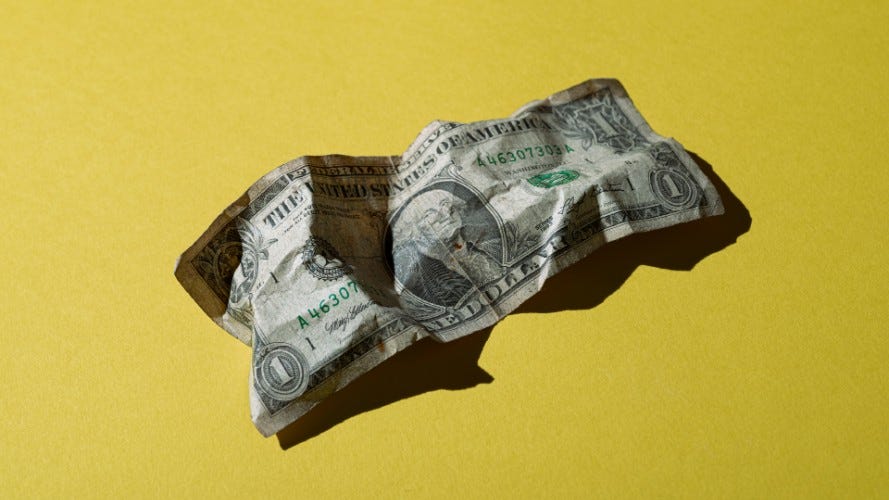How Much are Democrats to Blame for Inflation?
Parsing the difference between "a bit", "a smidge", "a tad", and "a scoche"
Political conversations about economics are weird: We act like everyone knows what’s going on even though most people don’t. For some reason, we’re uncomfortable with the idea that general knowledge of economics is low; we act like it’s shameful to not grasp the finer points of the field. This doesn’t make sense; humans don’t spring from the womb knowing the Heckscher–Ohlin model. You’ve either studied the discipline or you haven’t. We’re comfortable with a low level of knowledge in other fields; nobody nods along unknowingly with casual conversations about organic chemistry or Paleozoic plant life because they’re afraid of seeming ignorant. It doesn’t embarrass me at all to tell you that I had to google “that time back before there were even dinosaurs” to remember the word “Paleozoic”.
So, as we enter an election season in which voters care about inflation, we tend to talk around the issue as much as we talk about it. You often see local news pieces that basically say: “Inflation. Uh…people are against it. So…therefore…we…WE WENT TO THE GROCERY STORE AND TALKED TO PEOPLE! Yeah, that’s it. Here: This lady doesn’t like the price of orange juice.” That doesn’t illuminate much.
So, my goal here is to get into what’s happening, why, and what decisions and tradeoffs led us here. I’ll give away the ending by saying that my answer to the question “How much are Democrats to blame for inflation?” is “some” (actual numbers coming soon). But there’s more to the story. I think Democrats made some decisions that didn’t turn out well, but that those decisions were made for pretty good reasons, and that for us to narrowly ask “what effect did those choices have on inflation?” doesn’t tell the whole story.




